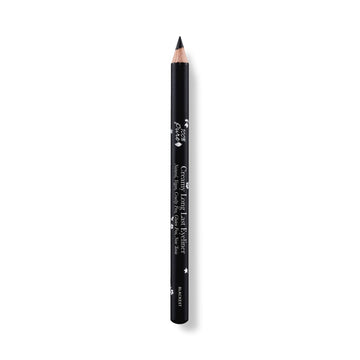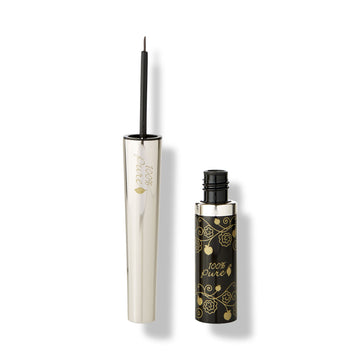Who needs them, the best ones to try, and ingredients to avoid
Written by: 100% PURE®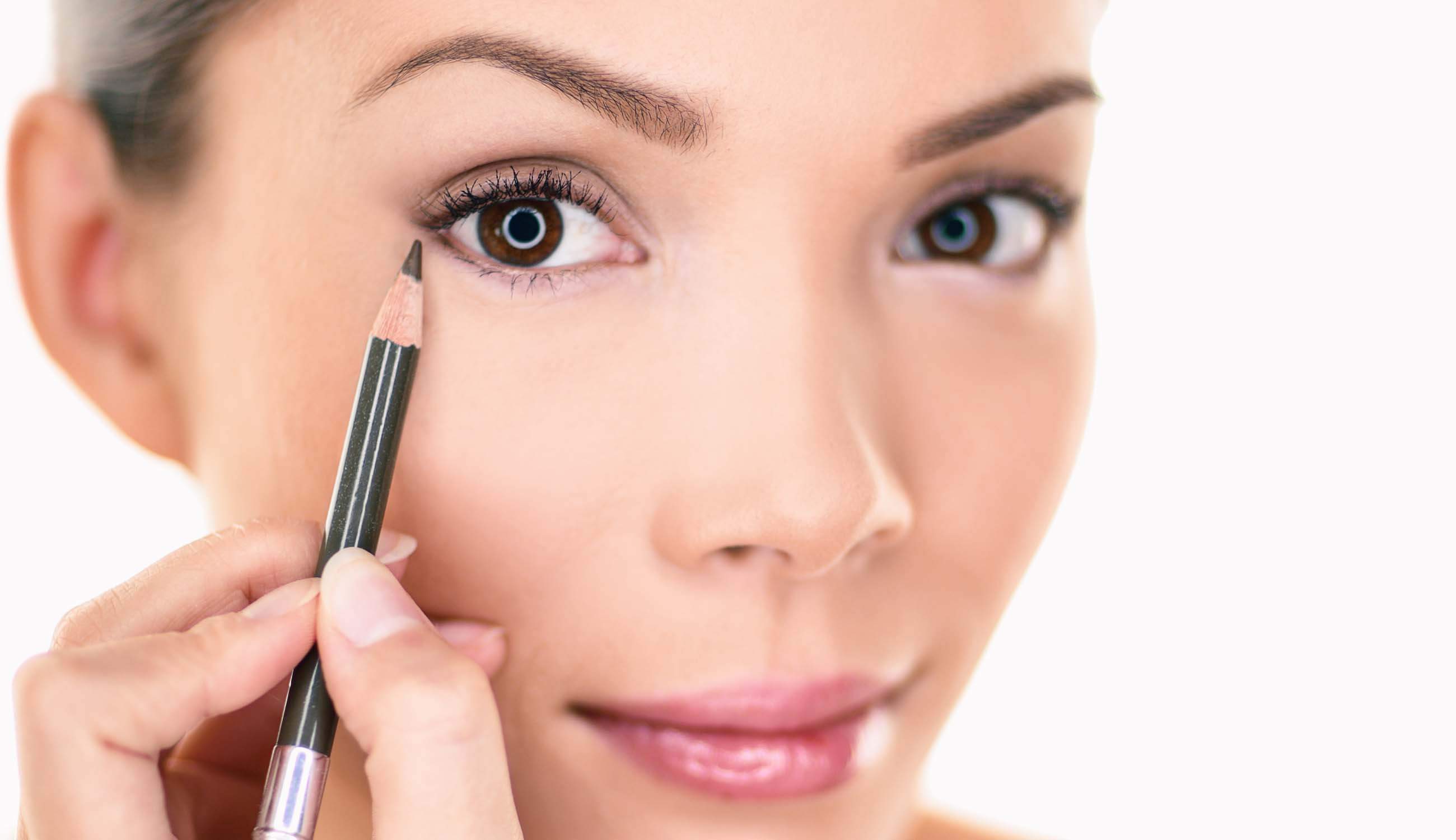
Whether you experience sensitive skin, wear contacts on the daily, or experience severe seasonal allergies, you know the struggle that is finding makeup that works, especially when it comes to eyeliner. The solution: hypoallergenic eyeliner.
Hypoallergenic eyeliner can be perfect for creating both crisp lines and smokey, smoldering looks without the itching and burning you might experience from a traditional liner. But what is hypoallergenic eyeliner, and why should we use it? In this article, we’re discussing all of that and more!
We often hear the phrase “hypoallergenic” thrown around in skin care and makeup, but what exactly does it mean?
According to the FDA, hypoallergenic cosmetics are “...products that manufacturers claim produce fewer allergic reactions than other cosmetic products. Consumers with hypersensitive skin, and even those with ‘normal’ skin, may be led to believe that these products will be gentler to their skin than non-hypoallergenic cosmetics.”
Aside from this explanation, however, there is no official definition for the word. Additionally, the FDA doesn’t hold any regulatory authority over cosmetics that are labeled as such.
Consequently, the word “hypoallergenic” is considered a marketing claim since it’s not defined or governed. That means that it’s ultimately up to each brand to determine what it means within the context of their products.
So, if “hypoallergenic” isn’t regulated by the FDA, why do we care so much about hypoallergenic eyeliner? To put it simply, because it’s important! Every individual has at least a little sensitivity in their eyes, whether it’s a little watering or burning when exposed to an allergen or they’re blinded by the bright afternoon sun.
But then, of course, there will always be some individuals with higher levels of sensitivity. This can be a huge challenge for finding makeup that actually works without irritating the eyes. Hypoallergenic eyeliner, then, is an ideal alternative for those who can’t use traditional eyeliners. Below, we list our favorite hypoallergenic eyeliners as well as ingredients you should avoid.
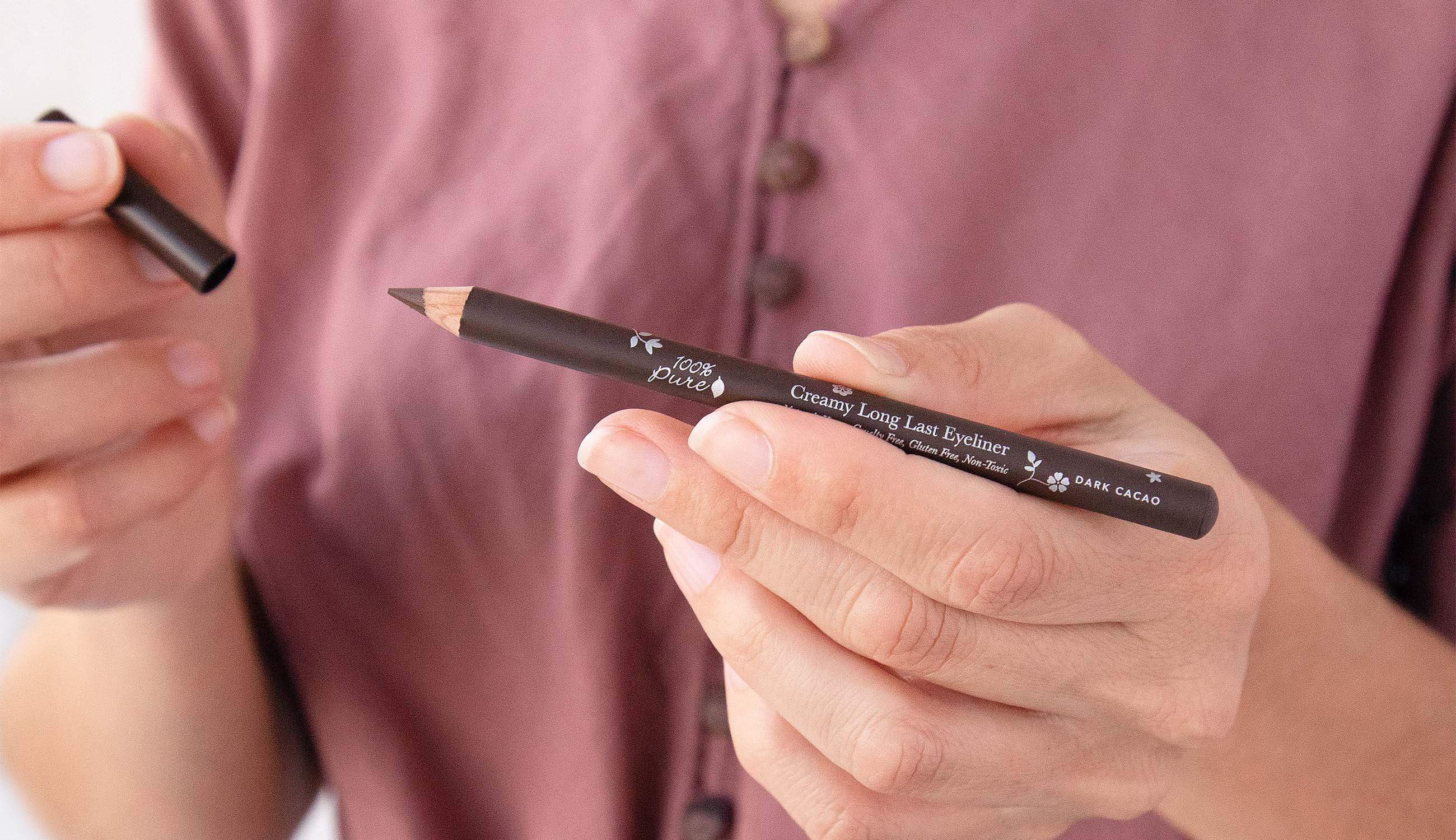
100% PURE Creamy Long Last Liner
Our own classic formula glides easily onto the lids with a texture that’s creamy without being too soft. Ingredients like mango seed oil, jojoba, and chamomile help to moisturize and nourish the delicate eye area.
Newsletter Subscribe
for more blog updates and exclusive discounts
100% PURE Long Last Liquid Eye Liner
Create some extra-bold definition in your eyes with our silky-smooth, vegan liquid eyeliner formula. Made with aloe and cocoa butter, this formula hydrates the skin while providing bold, smudge-free pigment.
HONEST BEAUTY Vibeliner Pencil Eyeliner
Enjoy the seamless, gorgeous color payoff you’ll get with each swipe of this hypoallergenic eyeliner.
JUICE BEAUTY Phyto-Pigments Liquid Line & Define
Juice Beauty’s Phyto-Pigment Liquid Line & Define is a hypoallergenic eyeliner that’s known for packing a punch of pigment. Made with certified organic ingredients and plant-derived phyto-pigments, this is a long-wear and smudge-proof intense black liquid eyeliner.
ILIA Clean Line Liquid Liner
Ilia Clean Line Liquid Liner is a hypoallergenic eyeliner that glides onto the lids effortlessly, especially with the help of its super fine and flexible felt tip. It can be used to create a barely-there tight line or bolder cat-eye.
JONES ROAD The Best Pencil
Jones Road The Best Pencil is based on the makeup our foremothers used in the 1970s. That means no frills, ultra-dense formulas, but with a creative twist and clean ingredients.
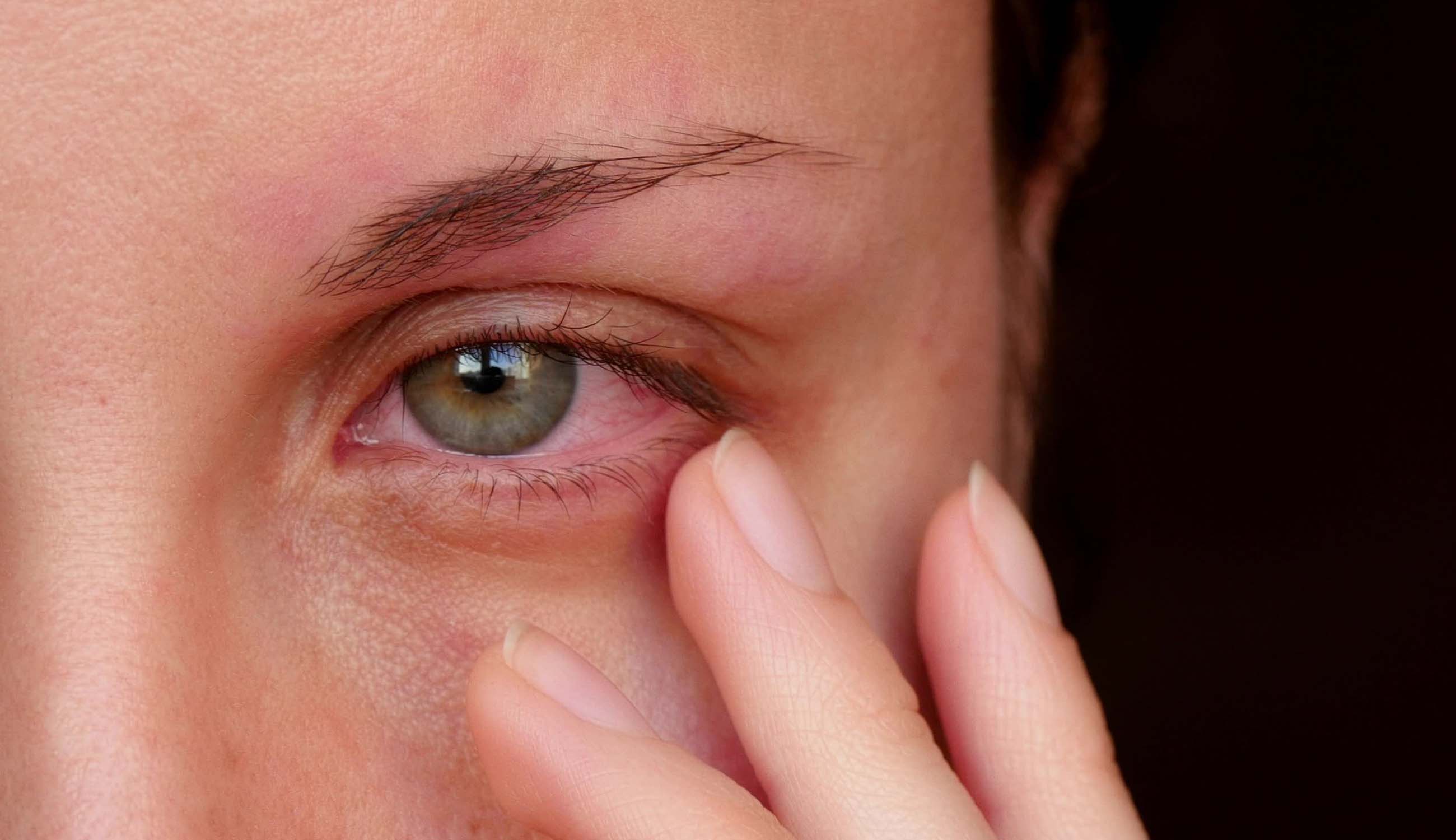
Coal Tar
Coal tar is often used as a dye that offers a rich black pigment. However, the problem with it is that it can irritate the skin and, in severe cases, cause blindness. While it’s true that most coal tar hair dyes today are made with petroleum, it’s worth noting that they can still cause harm.
Fragrance
Let’s be clear here: we love a little aromatherapy. That being said, fragrance can pose some issues in cosmetics, the first being the potential lack of transparency.
When a brand includes "fragrance" as one of the ingredients in their products, they actually aren't required to disclose what makes up the fragrance, which gives leeway for any number of potentially harmful chemicals.
Formaldehyde
Formaldehyde can cause allergic reactions and flare-ups, as well as irritation to the eyes and respiratory system. According to the American Cancer Society, these cosmetics “may raise the concentration of formaldehyde in the air inside the room for a short time, but the levels reached are far below what is considered to be hazardous.”
Wheat Ingredients
If you suffer from celiac disease or a wheat-related allergy, it might be important to avoid all things gluten. And while there is no evidence that gluten can be absorbed through the skin to cause an allergic reaction, it’s been suggested that gluten may be ingested if it touches the mouth.
Sulfates
Sulfates are surfactants, also known as detergents. The most common types of sulfates are sodium lauryl sulfate (SLS) and sodium laureth ether sulfate (SLES). Sulfates may cause skin and eye irritation in some individuals, often leading to breakouts and clogged pores.
Urea
Urea is most often used as a preservative and moisturizer. However, there’s evidence that it can raise the risk for contact dermatitis.
Butylated Hydroxyanisole (BHA)
Butylated hydroxyanisole (BHA) and butylated hydroxytoluene (BHT) are both preservatives that are quite common in food and makeup products. However, they’ve recently been linked to irritation, organ toxicity, and hormone disruption in individuals.
Talc
Despite its controversy, talc is still quite popular in mainstream beauty. However, it’s been suggested that talc may pose a health risk due to possible contamination with asbestos since both minerals are often found close together in the earth.
- Tags: April-2022, Ingredients, Makeup
We carefully hand-select products based on strict purity standards, and only recommend products we feel meet this criteria. 100% PURE™ may earn a small commission for products purchased through affiliate links.
The information in this article is for educational use, and not intended to substitute professional medical advice, diagnosis, or treatment and should not be used as such.


